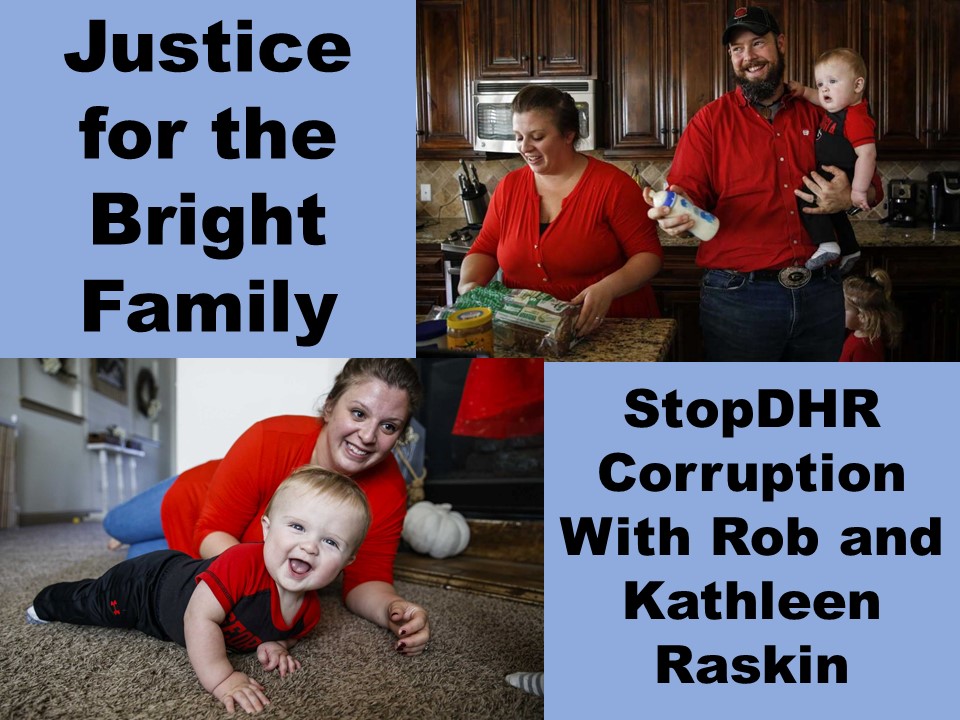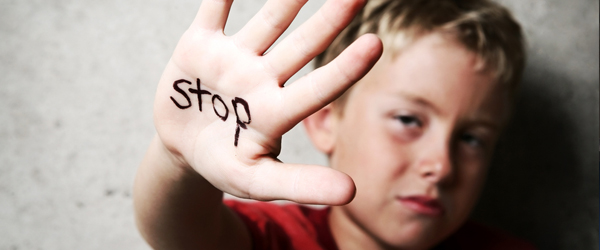On a sweltering summer day in Harris County, Texas, Melissa Bright sat her five-month-old son on a lawn chair so she could help her toddler daughter out of her wet clothes after playing in the sprinklers. When baby Mason fell from the chair and hit his head on the driveway, no one could have predicted it would lead to an extended nightmare.
After The Brights sought immediate medical attention for the infant, and hospital personnel determined the child had an injury that was not consistent with a fall and was instead consistent with child abuse. Later the baby was found to have a blood clotting disorder that contributed to the severity of the injury, but a CPS supervisor removed both children from their parents and placed them with their grandmother anyway.
Unfortunately, little Mason’s injuries were too severe for his grandmother to handle on her own, and to make matters worse she lived an hour away from the baby’s parents. After trying to have the baby placed with a closer relative, CPS failed to respond, so the couple took their baby home to care for him. CPS had no grounds to remove the children from the home in the first place, so that should have been the end of it.
The family and their attorney received a tip from an investigator letting them know the real reason their children had been removed from the home: at least ten child protective services workers had pressured the tipster, who is with the Harris County Sheriff’s Office, to file criminal charges against the family despite a lack of evidence of any wrongdoing.
Monday in court a judge sanctioned the agency and fined them $127,000, which is meant in part to offset legal and medical fees. CPS, you are not above the law. You can cover up your immoral and illegal actions, but they won’t stay hidden forever. Not as long as citizens like us, Rob and Kathleen Raskin, are here to hold you accountable.





